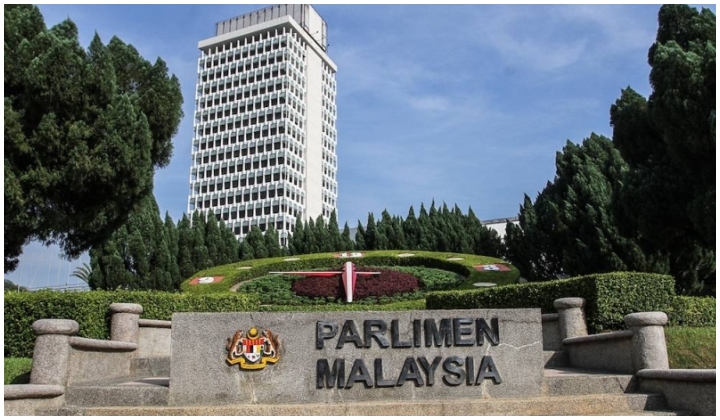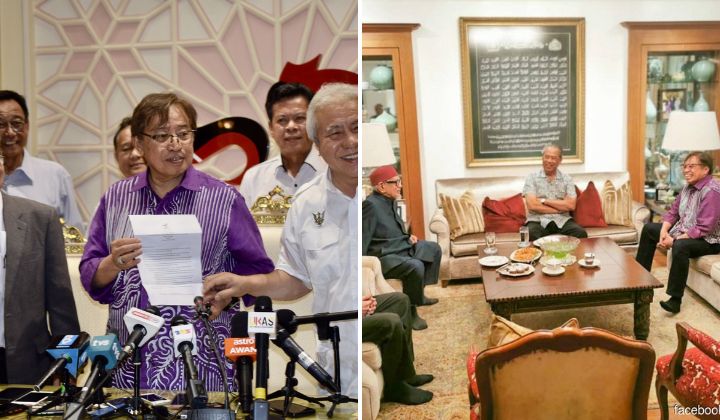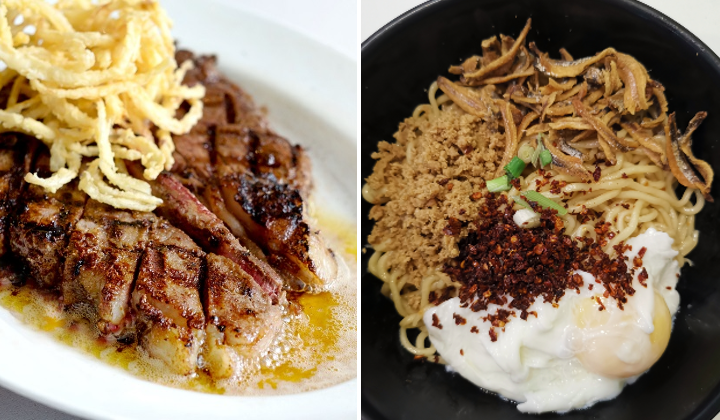Hey, Government! Let’s Talk About Allowing Dine-In Again: F&B Coalition
Not allowing dine-ins affects everyone including farmers, fisheries, suppliers, distributors, and other businesses.

Subscribe to our new Telegram channel for the latest stories and updates.
When food and beverage establishments were not allowed to open for dine-ins because of the pandemic, they hunkered down. There was hope that this all was going to be over soon.
As time went by, the rippling effect from the ban grew and that hope began to diminish. As restaurants and kitchens close or shut down, the economic ecosystem surrounding them feel the effect, and people begin to lose their income and their jobs.
From the outside looking in, we see that some eateries pivot their businesses towards delivery. However, most food and beverage establishments in Malaysia are not built to fit the delivery model.
Eateries such as casual and fine dining restaurants depend on their ambience in addition to their menu. Additionally, not all foods and beverages such as soups and alcoholic drinks are favourable through delivery, and delivery services are costly which eats into the slim profit margins of these businesses and puts them in the red.
The united F&B joint statement
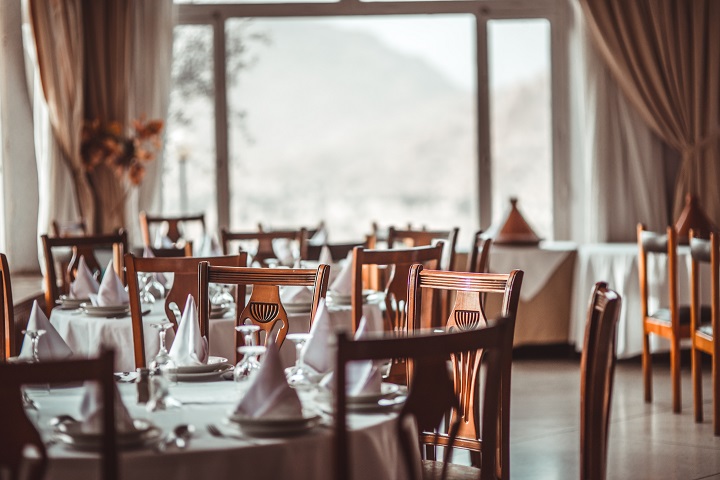
Because of the dire situation affecting F&B businesses and their supply chains, a coalition of five F&B associations held a press conference and released a joint statement addressing the matter.
They urge the Ministry of Health (MOH), National Security Council (MKN), Ministry of Domestic Trade and Consumer Affairs (KPDNHEP), and any related ministry to engage, discuss and debate with stakeholders (trade associations) for a solution.
The coalition believes by engaging with them, they could provide a wider perspective that could result in better policies and SOPs.
We are not asking for handouts, instead we need the government to be reasonable. The F&B industry has been a significantly small contributor to new clusters because many businesses have been compliant
We appeal to Putrajaya, let our people come back to work, save small businesses and let us contribute to the nation again
The coalition is even prepared to help the government to deal with errant operators if their sector is allowed to reopen for dine-ins again.
The situation
Based on a 2016 census done by The Department of Statistics, the coalition estimated that the move to not allow dine-ins has affected approximately 1 million Malaysians since 2020. This number does not include the farmers, fisheries, suppliers, distributors, and other businesses that depend on restaurants.
They said that many F&B operators have less than 2 months of cash flow left and are anticipating at least a 60% closure rate if the ban continues.
An intervention
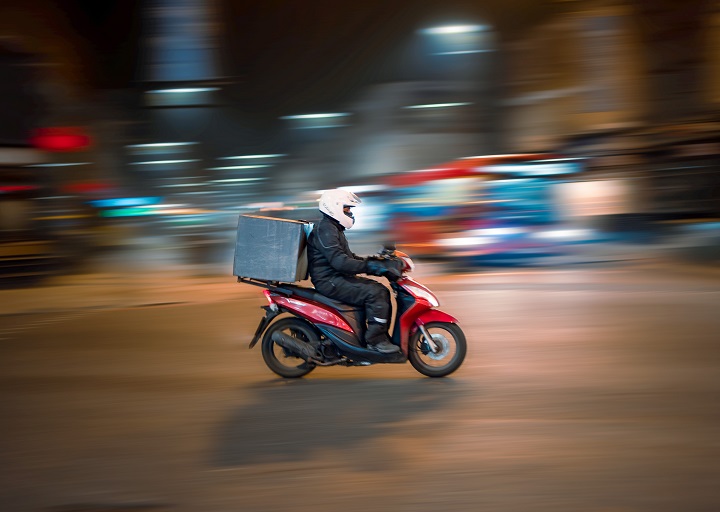
The coalition also urged the government to scrap the Essential and Non-Essential industry labels as a first step to finding a better solution.
They also ask that the government engage, and regulate the 2 largest food delivery platforms, as long as dining-in is not allowed.
The coalition requests a rebate of 15% on the food delivery commission rates from now till Jan 2022.
The reduction in commission rates can be made up from the influx of users and orders. At the same time, ensure the welfare of the riders is guarded. The review to lower our commission rates should not affect the rider’s abilities to earn a living.
According to the coalition, the 2 largest food delivery services charge 30% or more in commissions. This was accepted by most F&B businesses because delivery was seen as marketing and promotion while dine-in and takeaway are the main income.
However, when dine-ins are not allowed the 30% commission not only cuts into profit but in a lot of cases make each sale a loss unless prices are increased accordingly.
At the ready
The members of the coalition also offer the mobilisation of their social media to help drive vaccination registration numbers, increase vaccine literacy, counter vaccine hesitancy, and reward vaccinated individuals.
In return, they urge Putrajaya to be transparent and accountable on the expected vaccine arrival timelines so that businesses can plan ahead.
Meanwhile, the coalition of F&B businesses is also being proactive about their situation and is formulating a plan to help both the industry and those in need as well. The project is currently in its testing phase and shows promise.
A balance between lives and livelihood
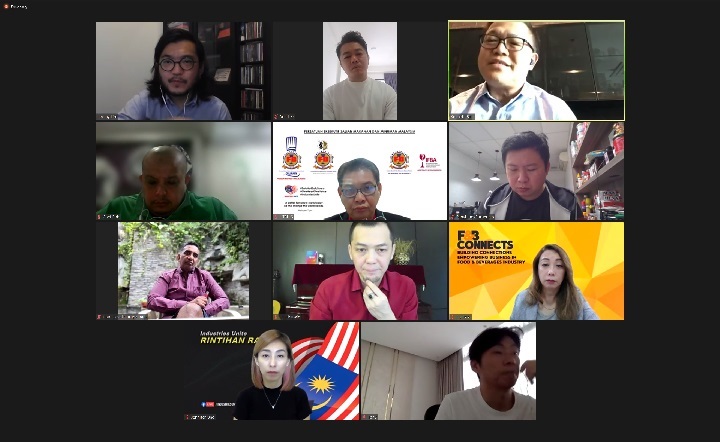
The coalition of F&B businesses is made up of the Persatuan Pemilik Restoran dan Bistro (PPRB), F&B Connects (FBCM), Malaysia F&B Alliance, Professional Culinaire Association (PCAM), HAPA Group, and Malaysia Food & Beverage Executives Association (MFBEA).
Those who spoke at the briefing were Jeremy Lim, Vice President & Media Liaisons of PPRB, Ivy Hew from FBCM, Tony Lim from Malaysia F&B Alliance, Hisham Tan from MFBEA, Chef Bob from Professional Culinaire Association, and Dato Kenneth Soh from Persatuan Kebajikan Pengimpot dan Pengedar Minuman Keras Malaysia (PKPPMKM).
Express your thoughts on TRP’s Facebook, Twitter, and Instagram.

